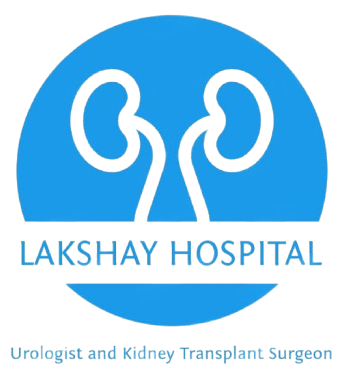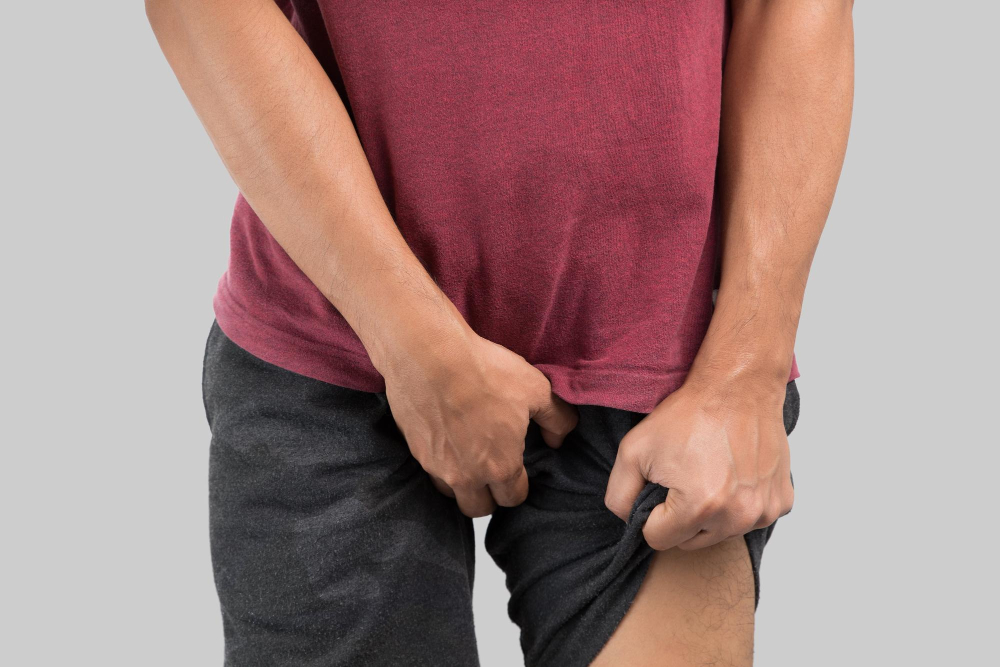What Is a Varicocele?
A varicocele is a swelling of veins inside the scrotum. These veins carry blood away from the testicles. Sometimes, the valves in these veins do not work well. As a result, blood pools and causes the veins to swell. This condition is similar to varicose veins in the legs. Varicocele is common in men, especially between ages 15 and 25. Although it is not always harmful, it can cause discomfort or affect fertility. Understanding varicocele treatment options can help you make informed choices.
Symptoms and When to Seek Help
Many men with varicocele have no symptoms. However, some may notice:
Sometimes, symptoms get worse during the day or after exercise. If you notice any of these signs, it is wise to see a doctor. Early care can prevent problems later.
Diagnosis of Varicocele
Doctors often diagnose varicocele during a physical exam. They may ask you to stand and take a deep breath while they check your scrotum. Sometimes, an ultrasound is used. This test uses sound waves to create pictures of the veins. Ultrasound helps confirm the diagnosis and checks for other issues. Quick and simple tests make it easy to find out if you have a varicocele.
Treatment Options for Varicocele
Not all varicoceles need treatment. However, if you have pain, fertility problems, or testicle shrinkage, treatment may help. Here are the main varicocele treatment options:
Your doctor will help you choose the best option based on your symptoms and health.
Lifestyle Tips and Prevention
While you cannot always prevent varicocele, some habits may help manage symptoms:
Although these tips do not cure varicocele, they can make daily life easier. Always talk to your doctor before making changes.
Frequently Asked Questions (FAQs)
When to Consult a Urologist
If you notice swelling, pain, or changes in your testicles, it is time to see a urologist. Also, if you and your partner are having trouble getting pregnant, a check-up can help. Early care can prevent future problems. Urologists are experts in male health and can guide you through varicocele treatment options.
Conclusion and Next Steps
In summary, varicocele is a common condition that often causes few problems. However, if you have pain or fertility issues, several varicocele treatment options are available. These include watchful waiting, medications, surgery, and non-surgical treatments like embolization. For the best results, consult a urologist for personalized advice on varicocele treatment options. Your doctor can help you choose the right path for your health and well-being.

